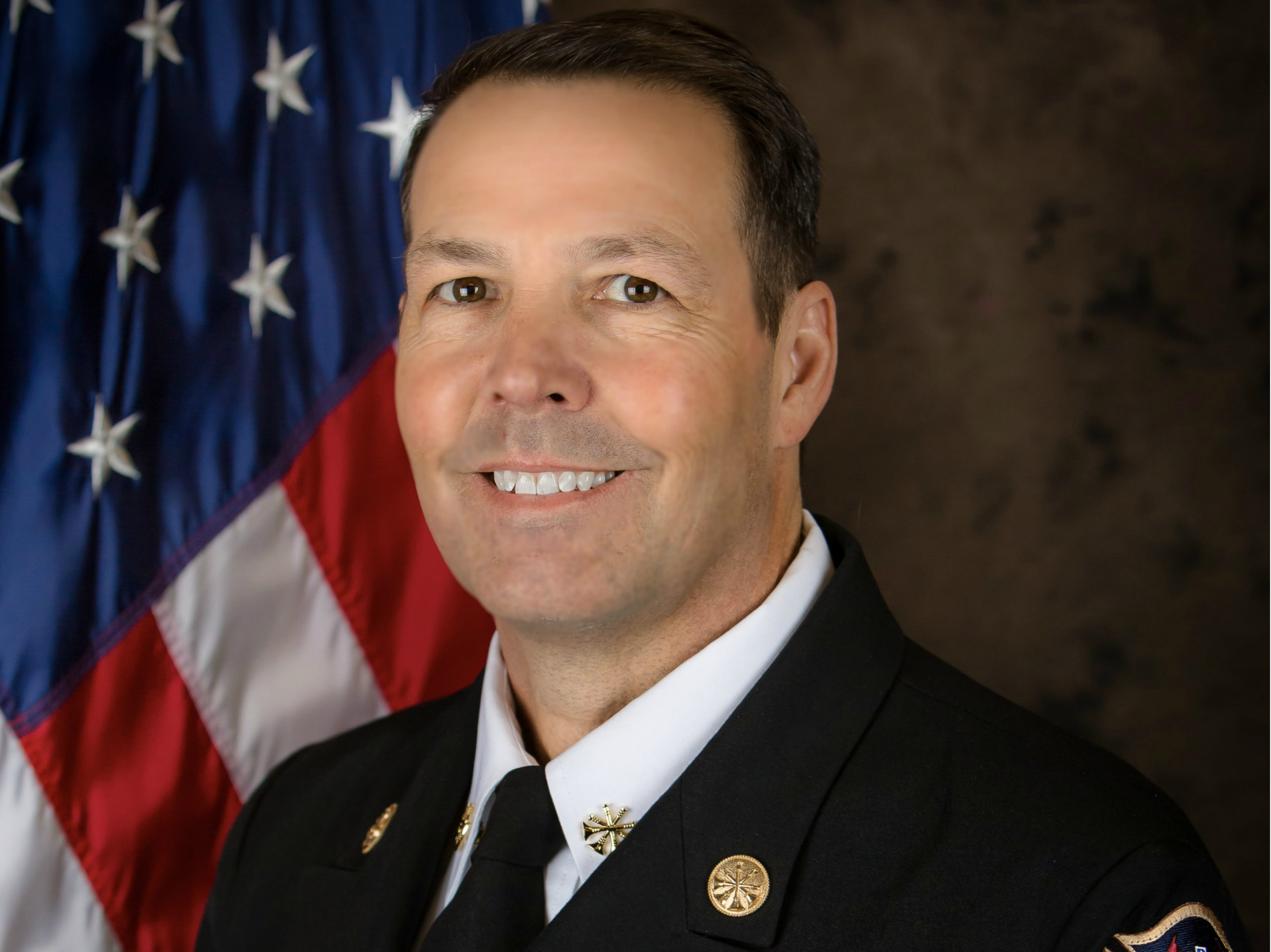
A Front Range fire chief and former firefighter has died from a rare form of cancer that’s believed to be job-related.
Troy Jackson worked with South Metro Fire Rescue for nearly 30 years. He passed away today after a six-year cancer battle.
Doctors diagnosed Jackson with adenoid cystic carcinoma in 2013. Since then, the department has instituted new safety measures.
“After the diagnosis and we found out it was a job-related cancer, we started looking at our hygiene habits and cleaning off our bunker gear,” assistant chief of operations Jon Adams said. “We just became a lot more aggressive and more informed about the carcinogens and the danger associated with our firefighting.”
Jackson joined South Metro Fire as a firefighter in 1990 and worked his way up to become assistant chief of operations in 2016. He stepped down in August because of his advancing cancer.
“He's a man of love and lived every day to the fullest," Adams said.
Jackson spent years working as a training officer. The fire department used to burn rubber materials in the training centers, which released carcinogens that caused a high rate of cancer among firefighters, Adams said.
South Metro Fire Rescue has nine other employees who are battling cancer. A 2005 study released by the Johns Hopkins Bloomberg School of Public Health concluded that firefighters have a greater risk of developing cancer compared to the general public.
“When I started, the dirtier your gear and the more you had seen, it was looked at as a badge of honor,” Adams said. “We’ve learned now that all we were doing was wearing gear that was saturated with carcinogens.”
Now the department requires immediate decontamination after fighting fires, which includes the use of specialty wipes to remove carcinogens from all exposed skin. Firefighters also have two sets of uniforms with full gear, so that one can be deep-cleaned after each use.
“We know our firefighters are going to be exposed just through their work, but we’re trying to prevent the long-term exposure by properly cleaning,” Adams said.









